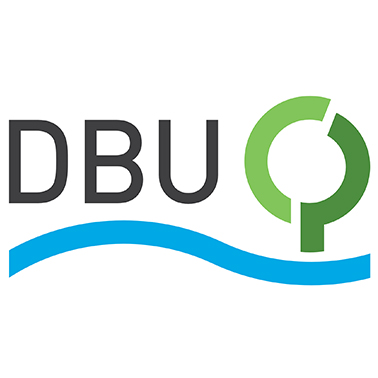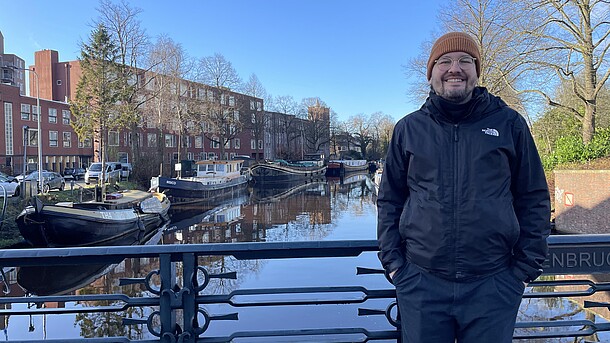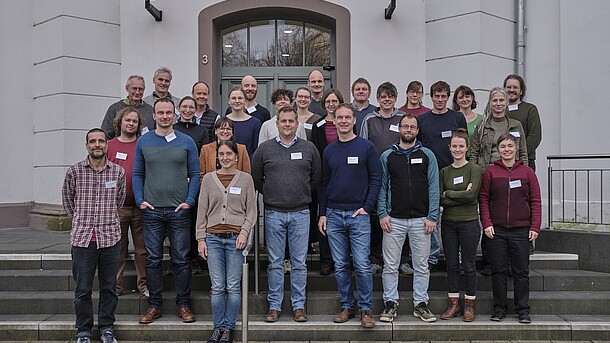Accompanying Nature Conservation Research in the Wilderness Education Project: Forest Scout Expedition in the Wilderness

| Led by: | Prof. Dr. Christina von Haaren, Dr. Eick von Ruschkowski |
| Team: | Dipl-Geogr. Christopher Garthe |
| Year: | 2012 |
| Funding: | Deutsche Bundesstiftung Umwelt (DBU) |
| Duration: | October 2008 - March 2012 |
| Is Finished: | yes |
| Further information | https://www.nabu-waldeck-frankenberg.de/index.php/nationalpark-kellerwald-edersee.html |
Summary:
The project "Waldscout Expedition in die Wildnis" (Forest Scout Expedition in the Wilderness) sets new accents in environmental education in national parks by understanding wilderness as a socially relevant cultural task and by considering wild nature as a special learning space for education for sustainable development. This basic understanding is reflected in the theoretical concept of wilderness education. By setting up bivouac sites in a German national park for the first time, secondary school students and youth groups will be encouraged to think intensively about ecological, economic and social aspects of the relationship between humans and nature as well as their own lifestyles in everyday life as part of a wilderness expedition.
As part of a five-day class trip to a youth hostel at the Kellerwald-Edersee National Park, children and young people undertake a 24-hour expedition into the wilderness, prepared by them and carried out by themselves with the support of project team members. In accordance with the Nationlapark maxim of letting nature be nature, the students must take everything they need for the expedition with them in their ecological backpacks and give concrete thought to what they need and what they do not need when packing. The sufficiency idea of sustainability plays an important role here. The joint design of the simple wilderness bivouac is a central task for the young people. Within the framework of the therapeutic non-modification of the wild nature, it is important to decide which traces the stay in the national park may leave behind and which may not.
The goal of the accompanying research in this project was to record and document the effects of wilderness camps on vegetation and soil. Furthermore, important factors influencing the impacts were identified and their significance for the expression of the impacts was analyzed in order to be able to provide the project partners with information on the extent to which significant impacts on the investigated parameters can be reduced or avoided.





